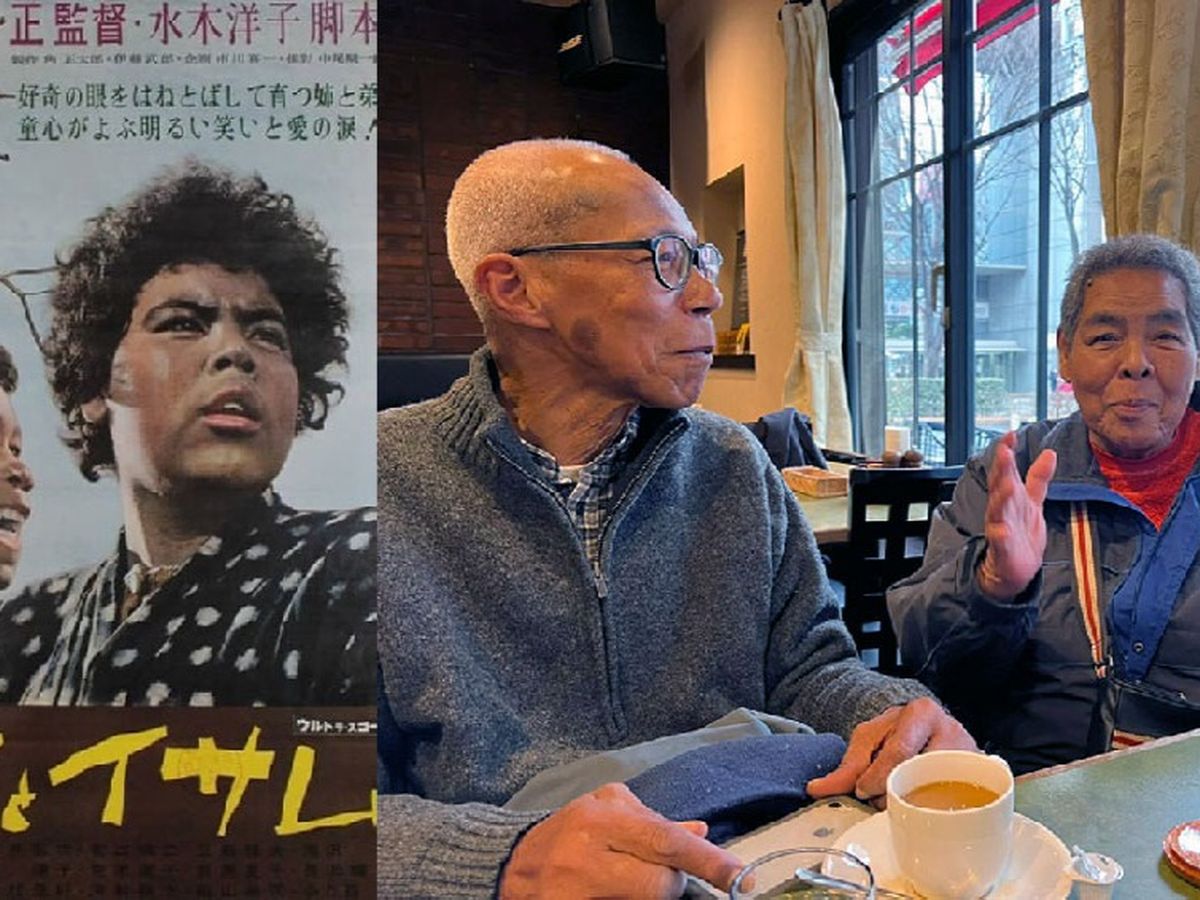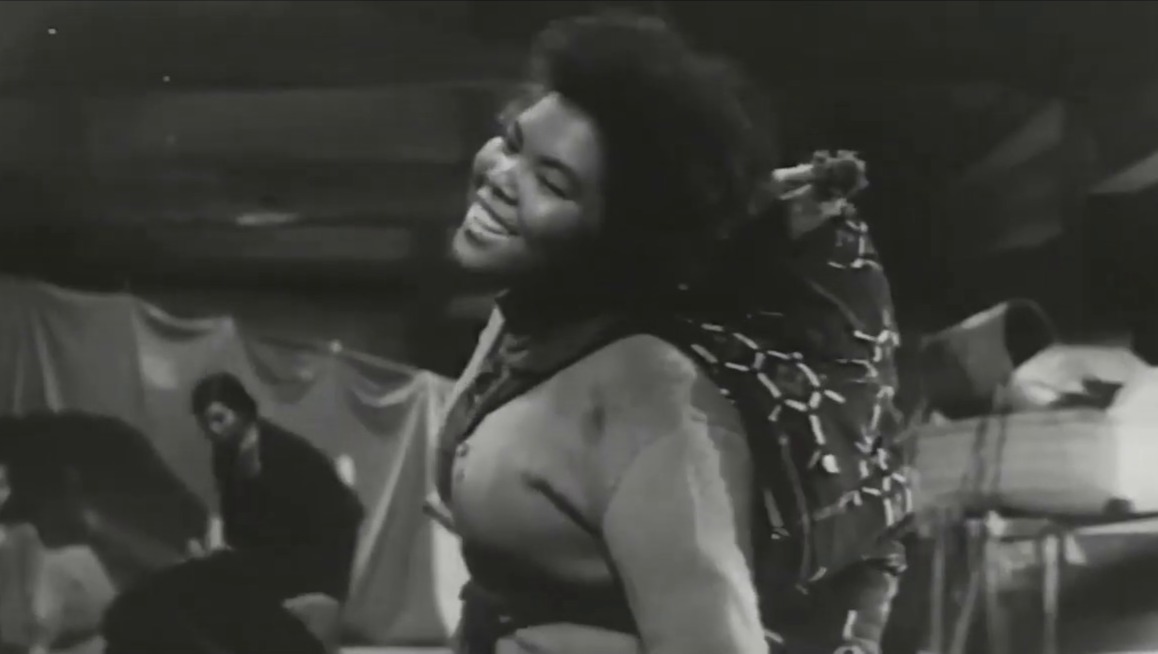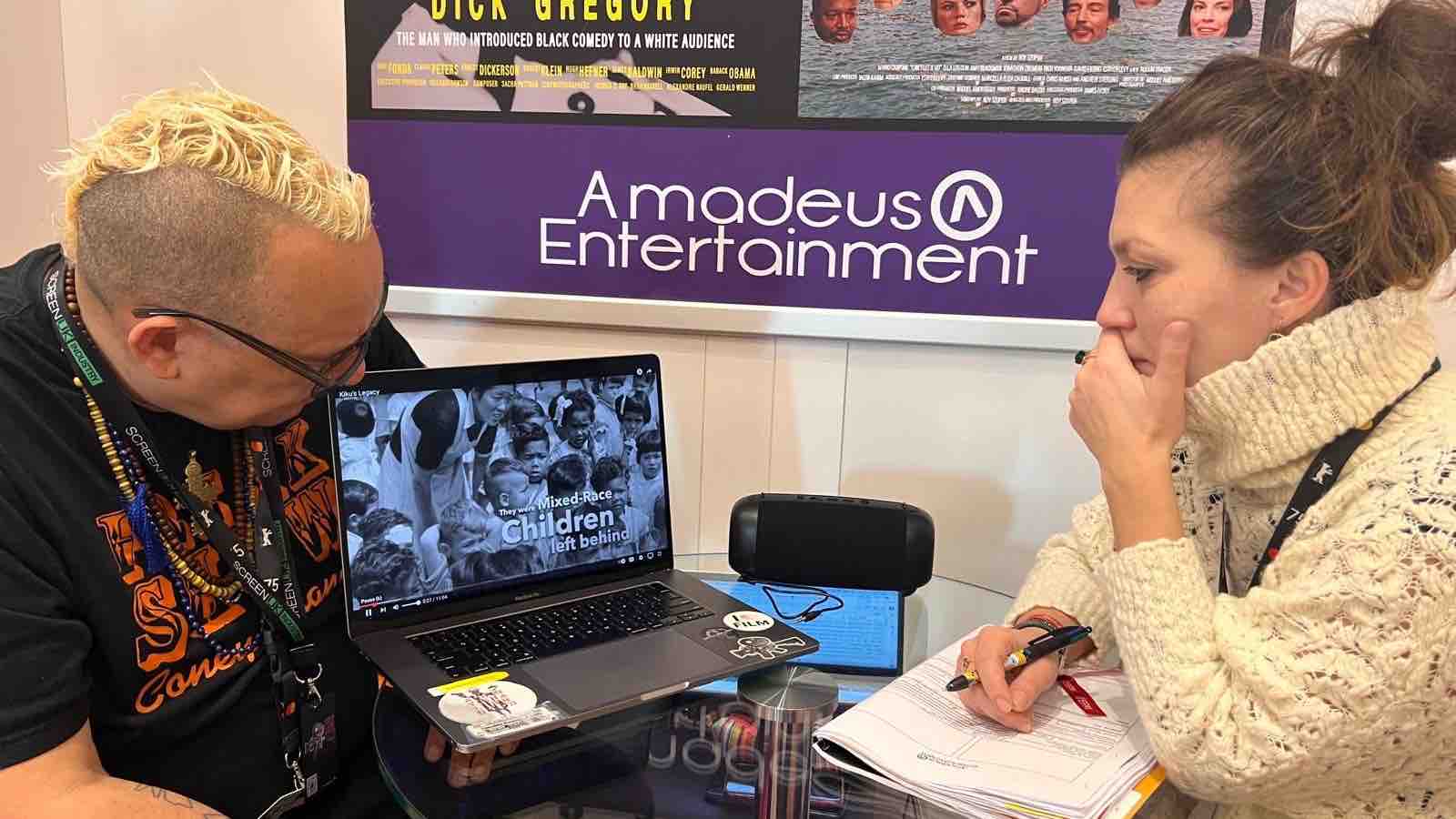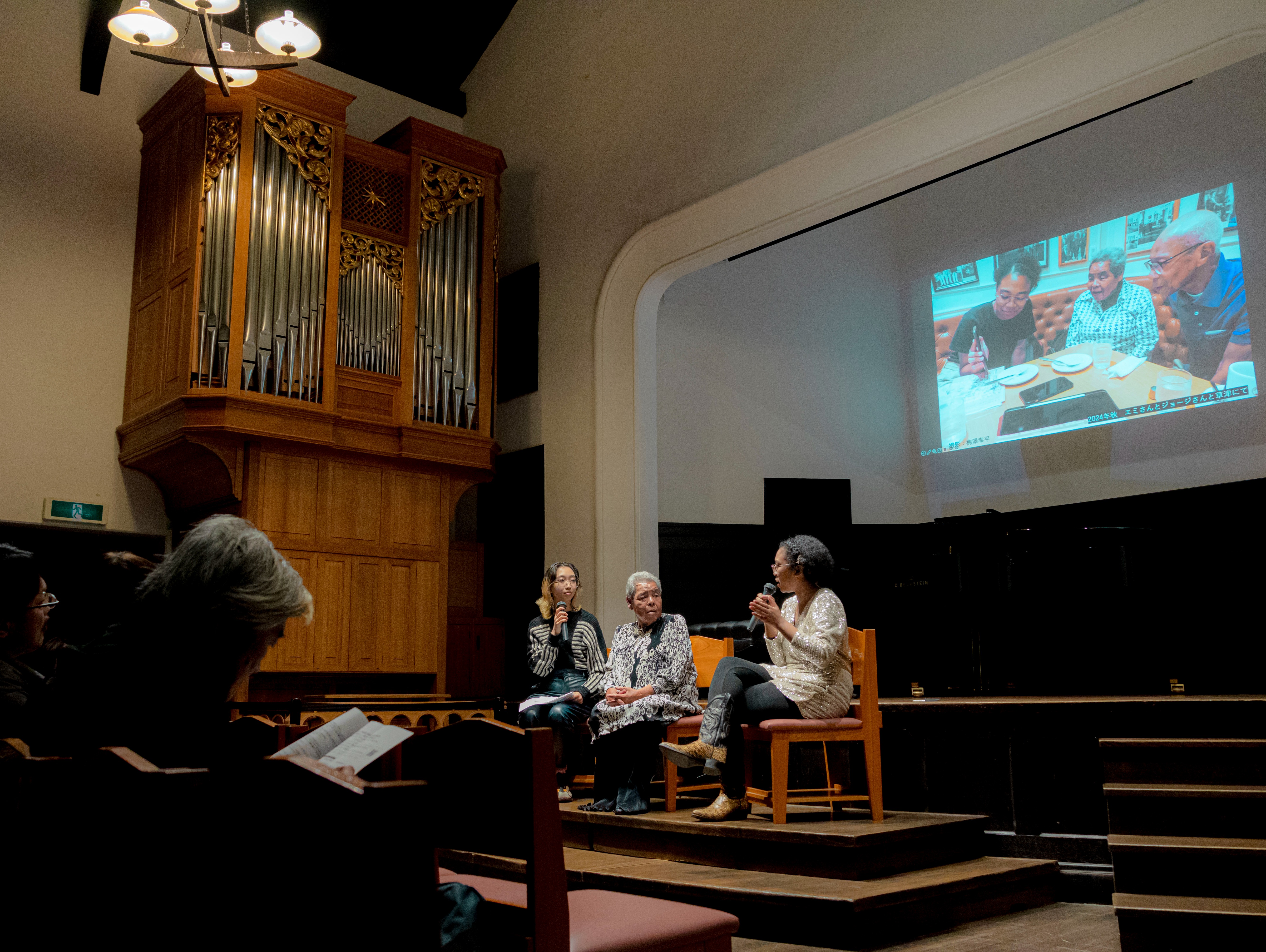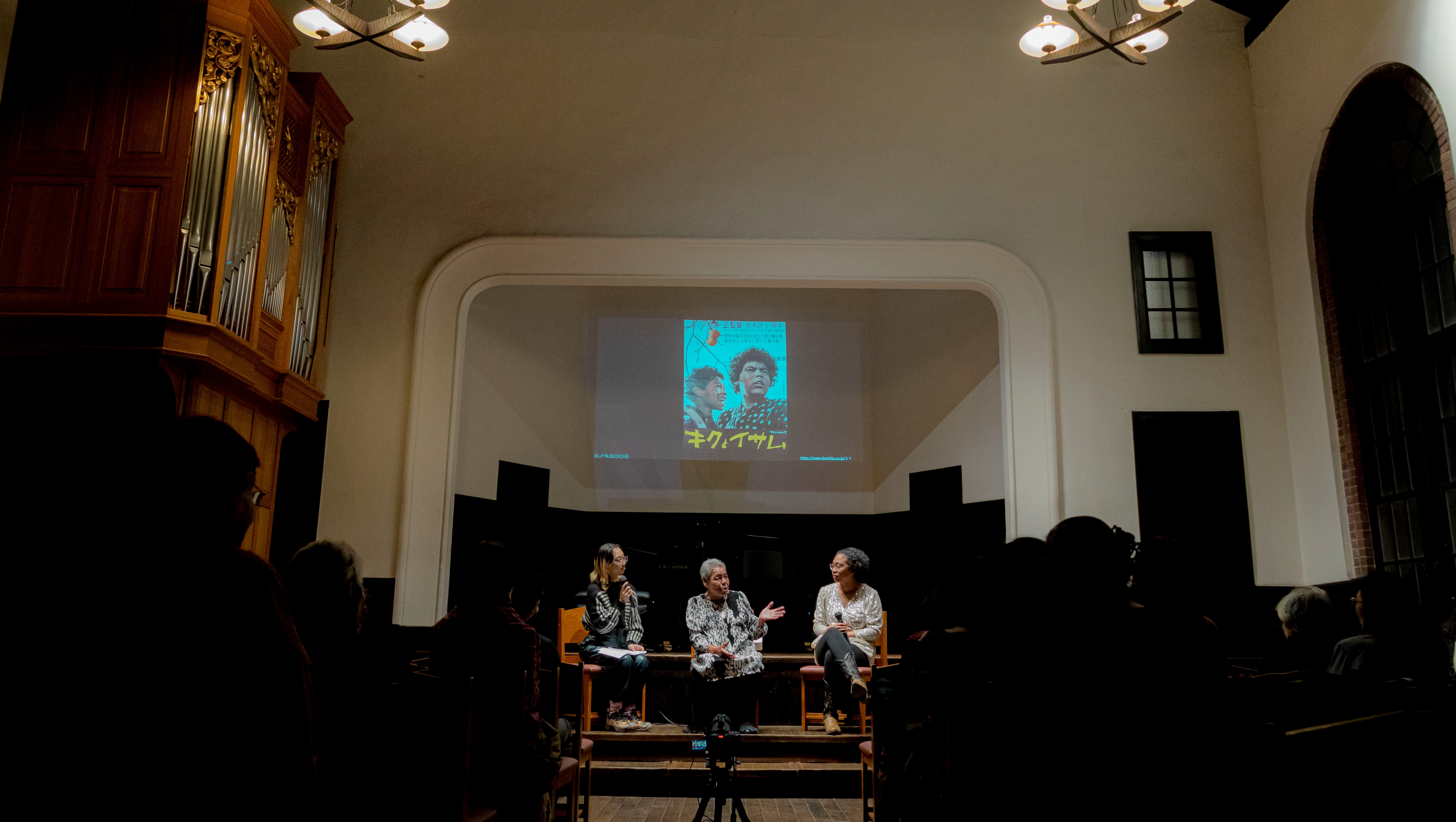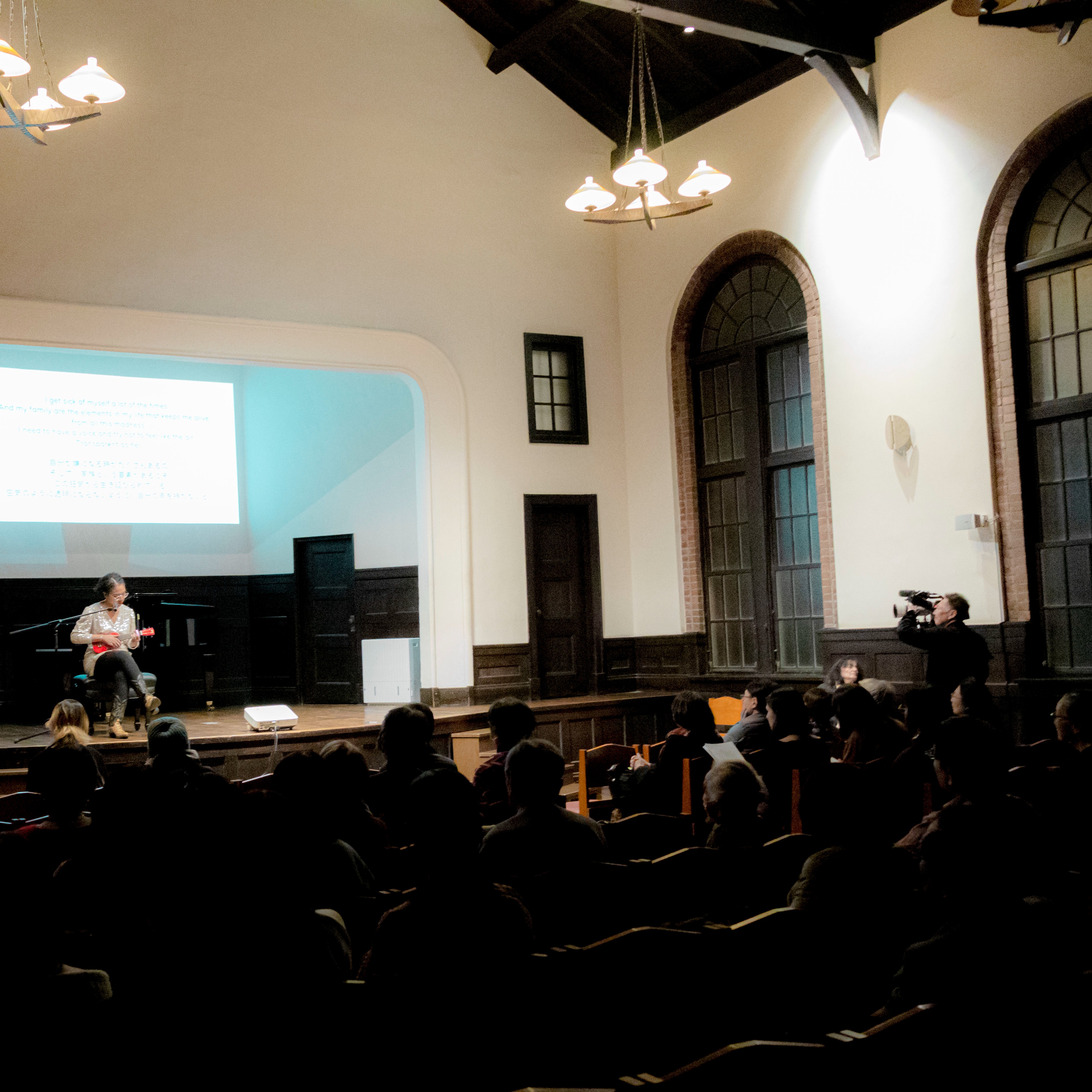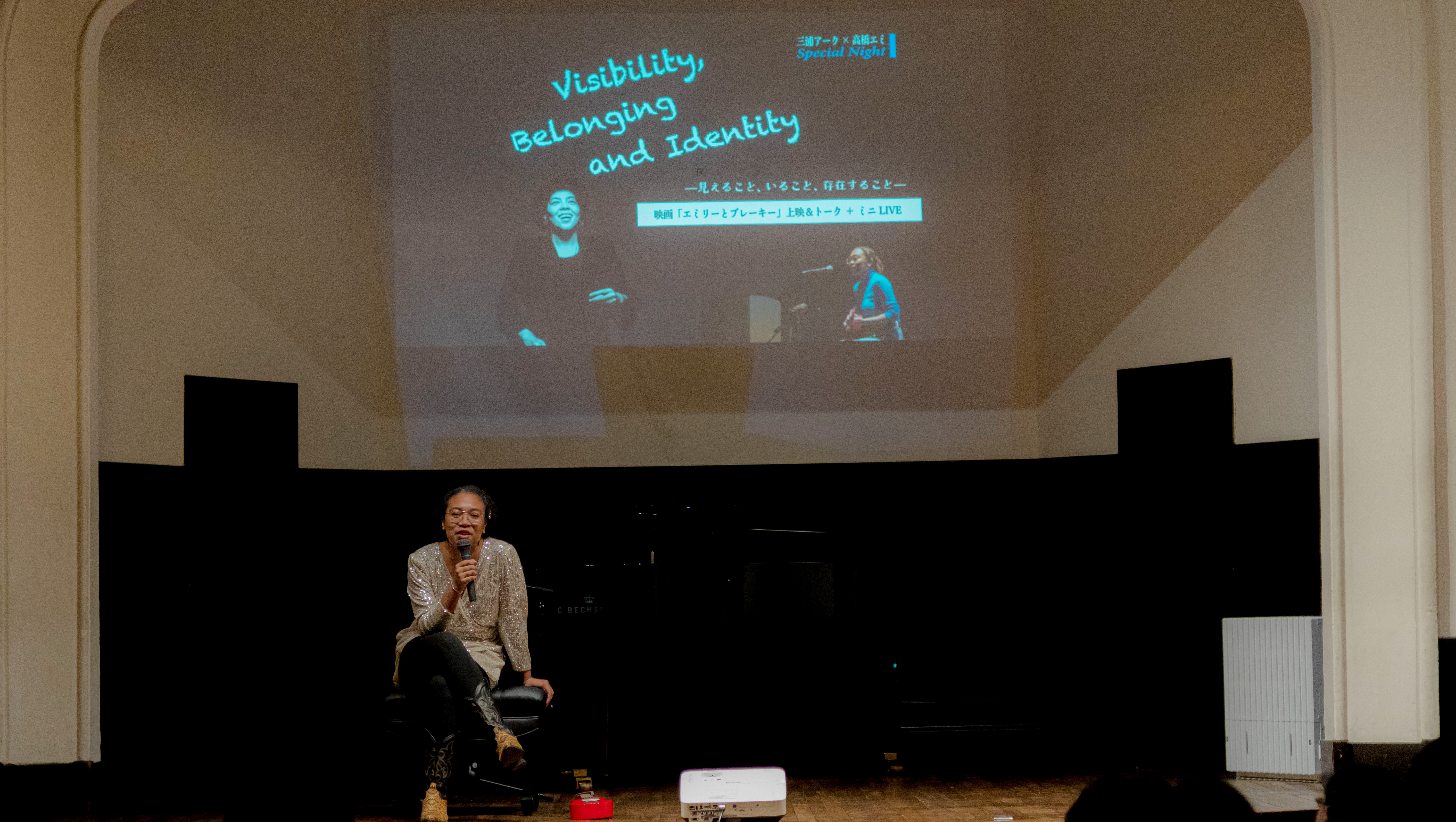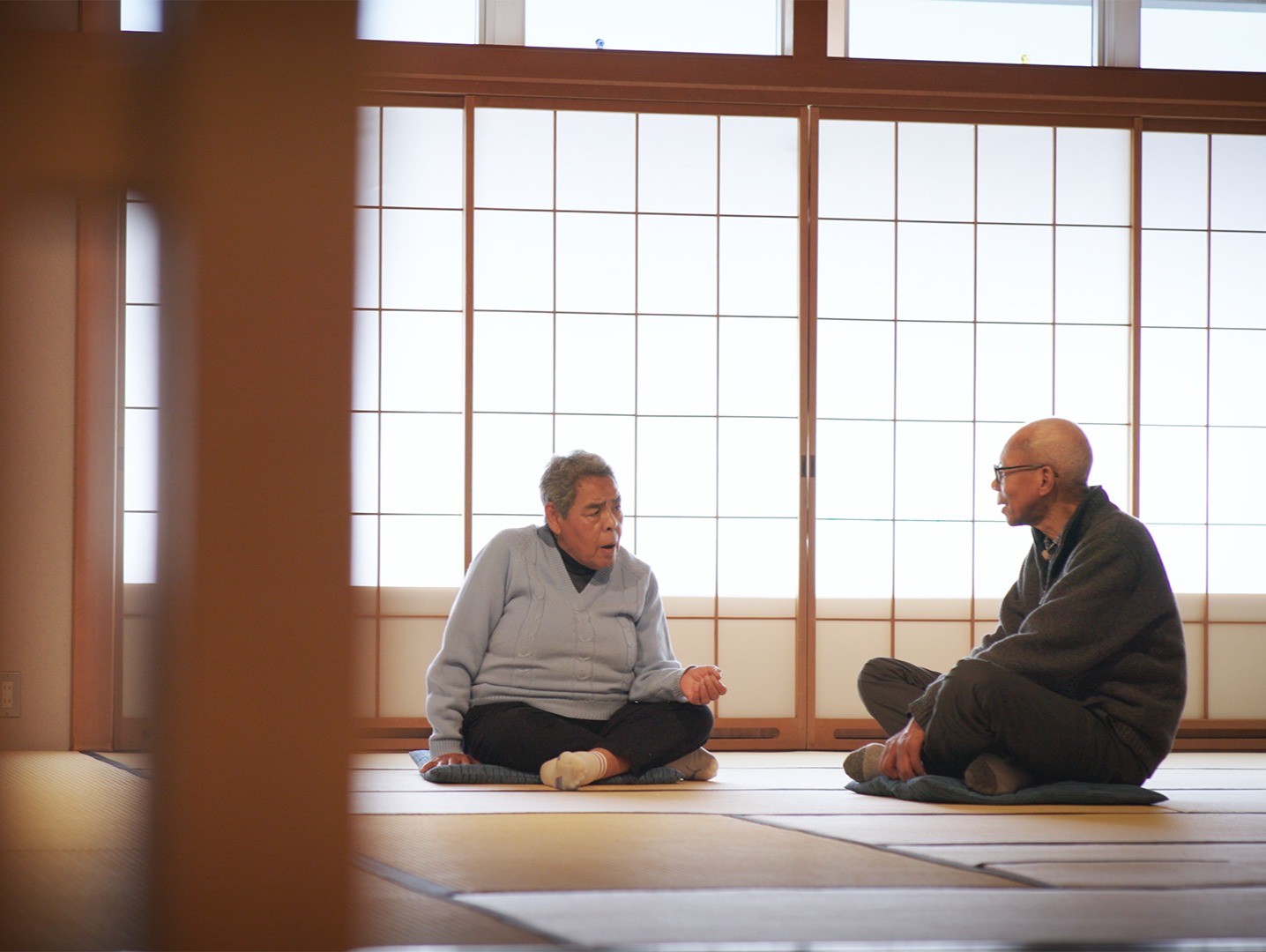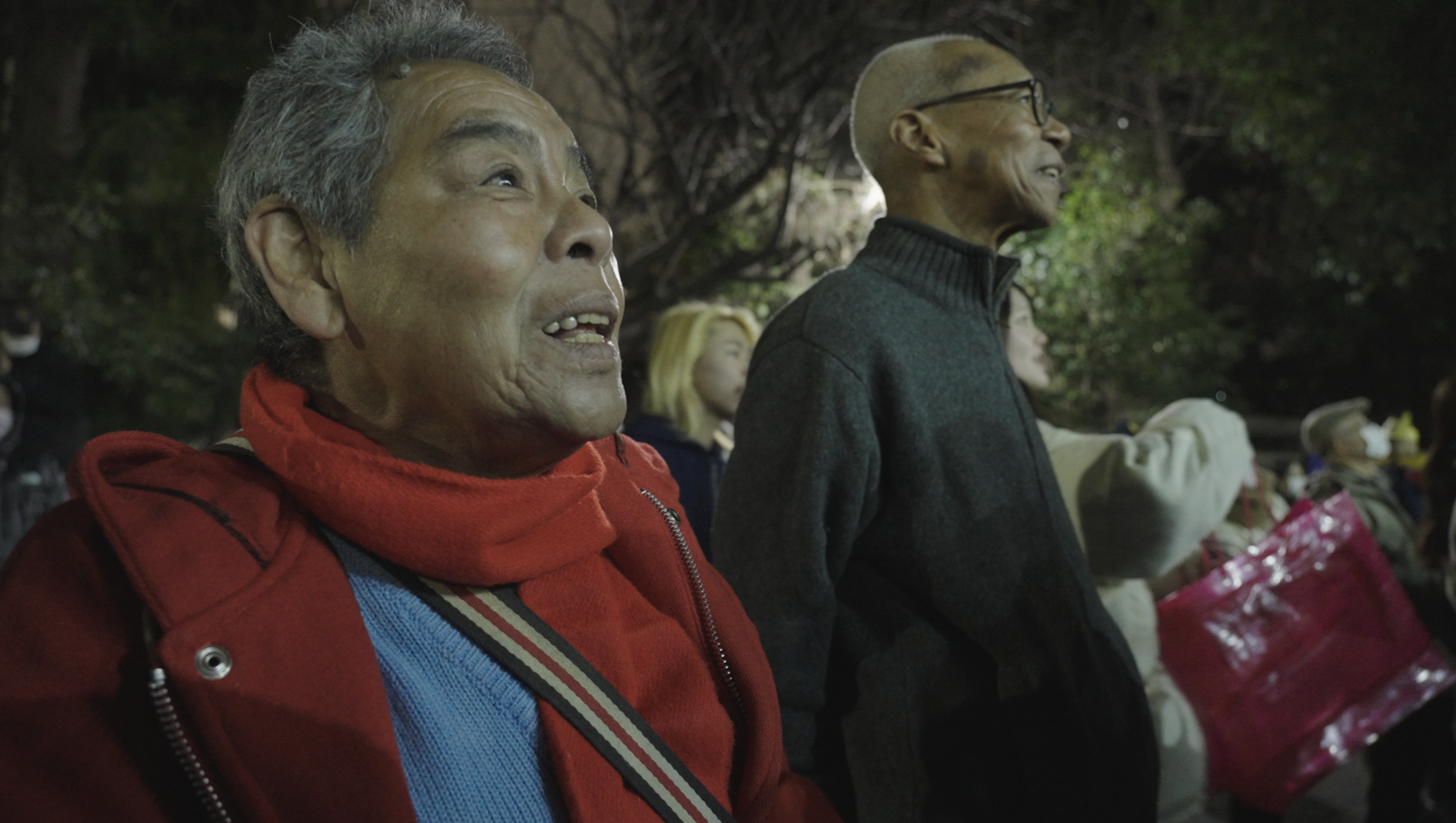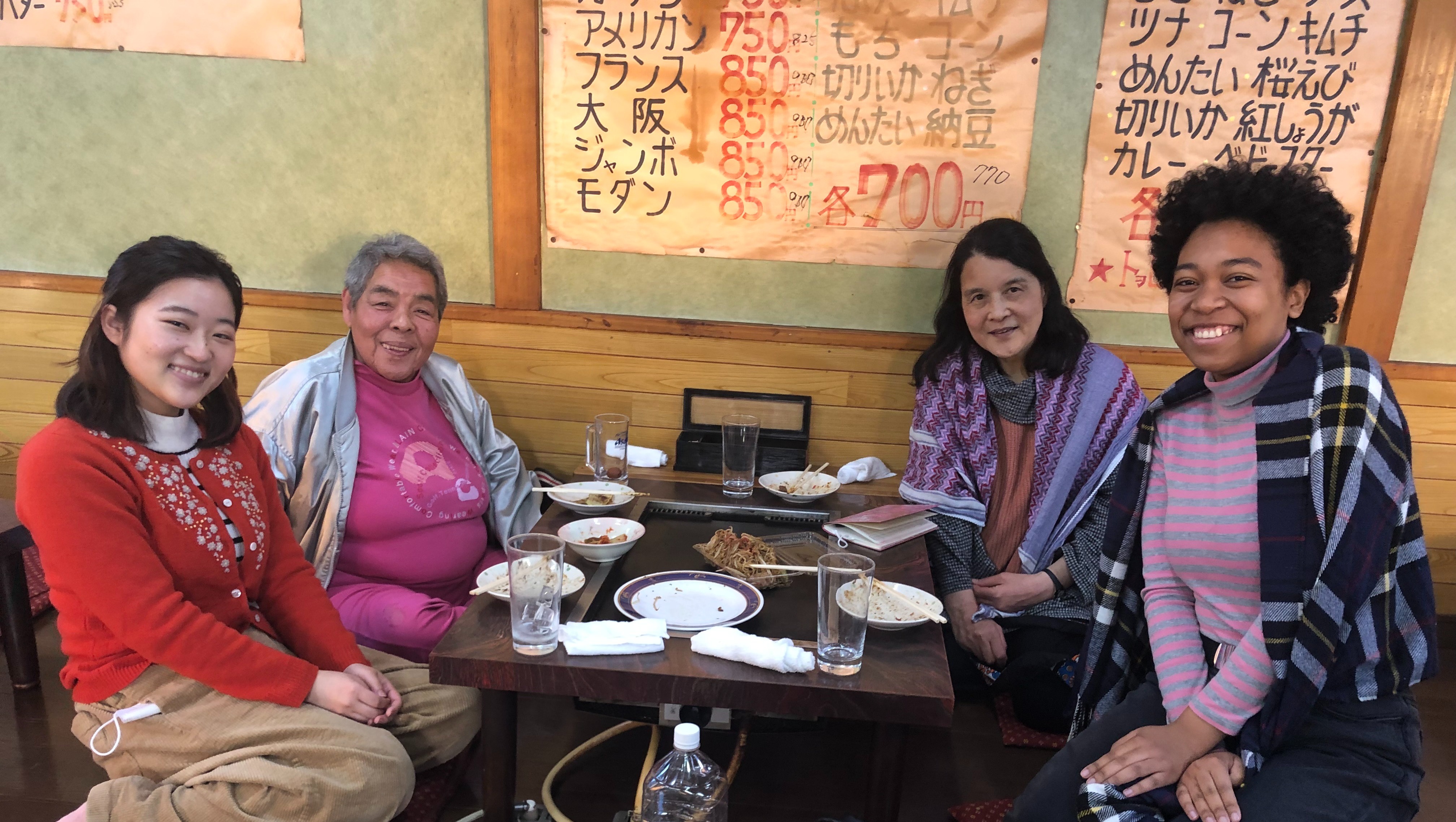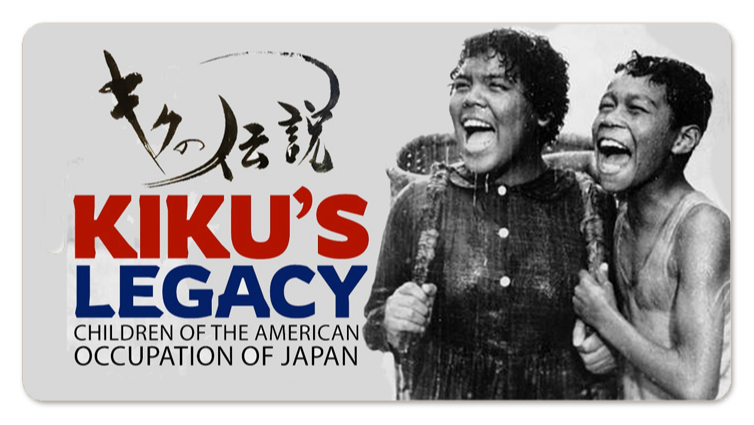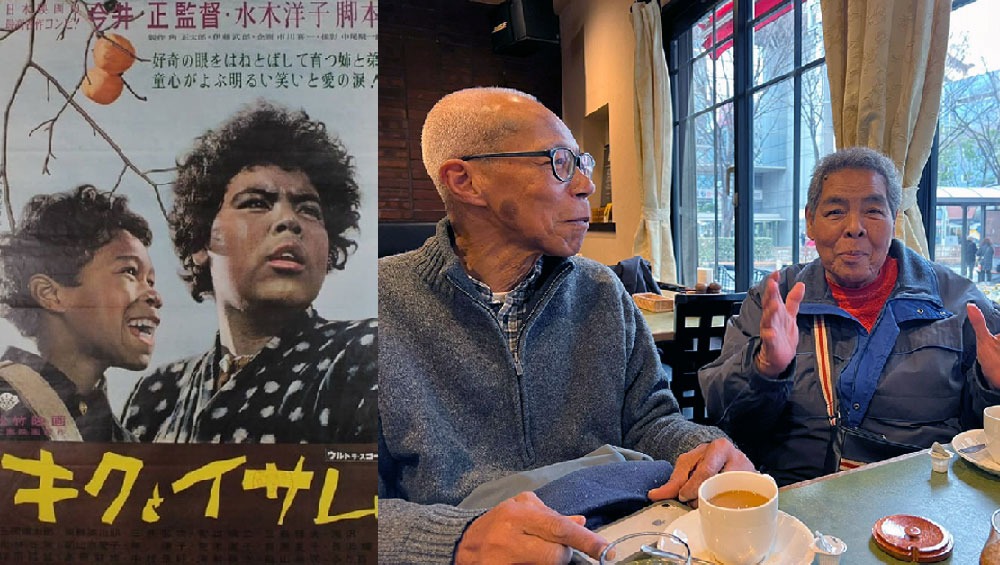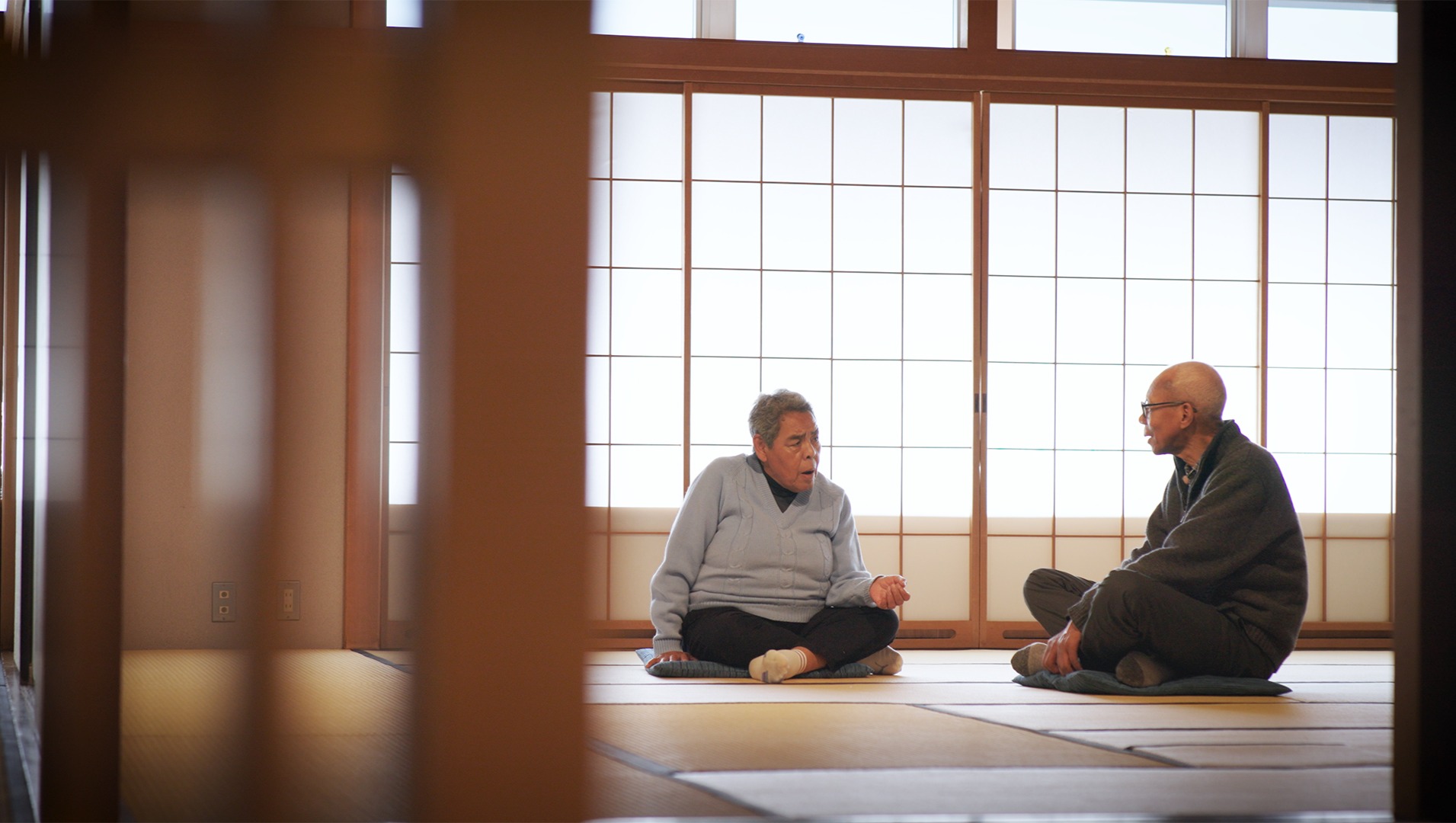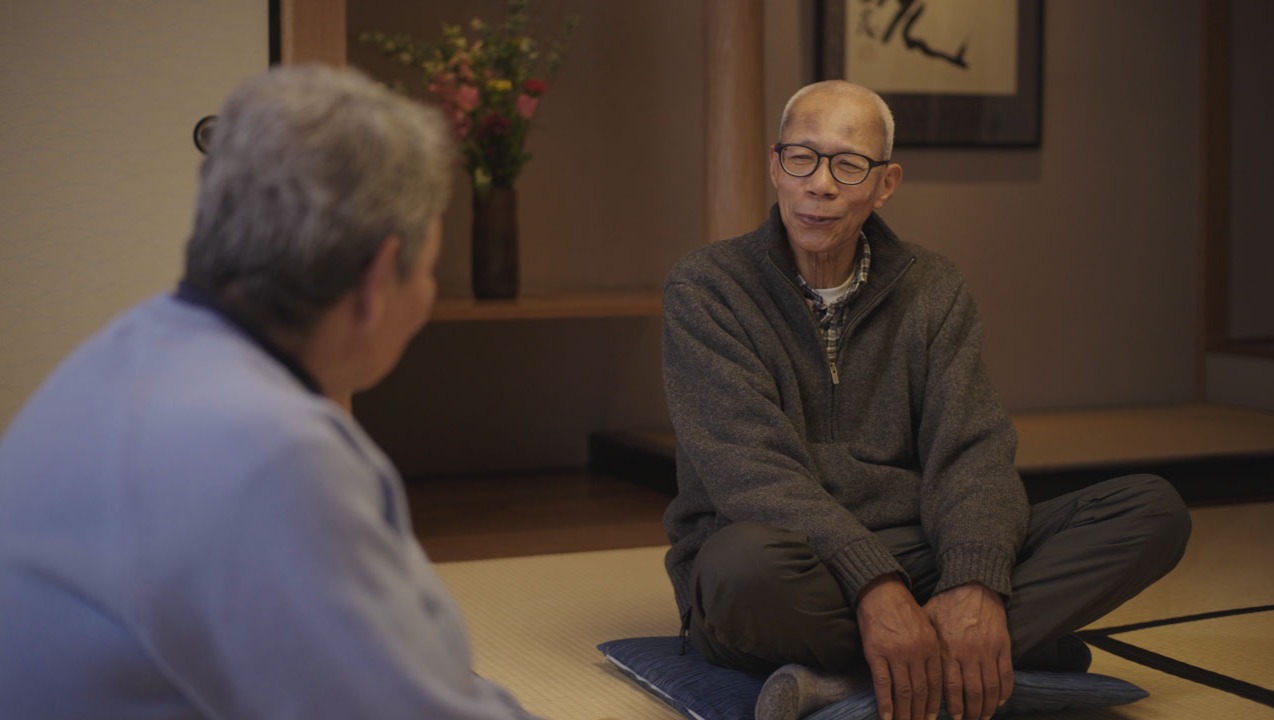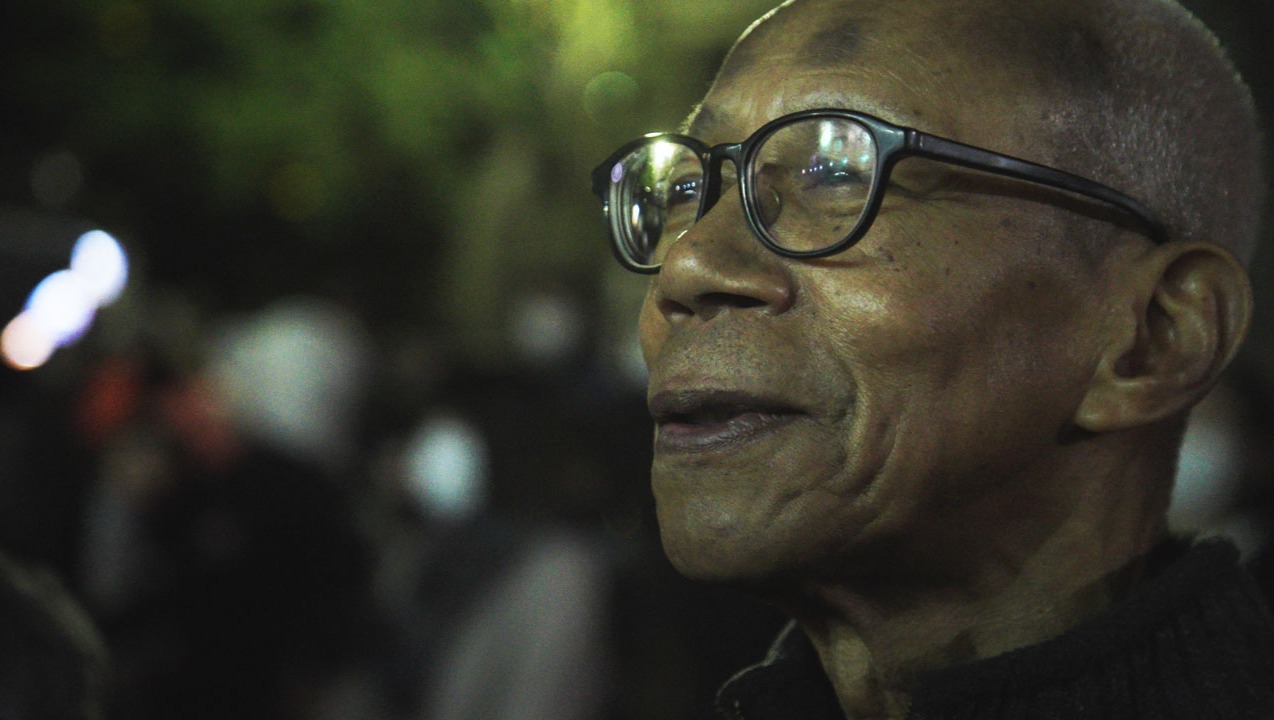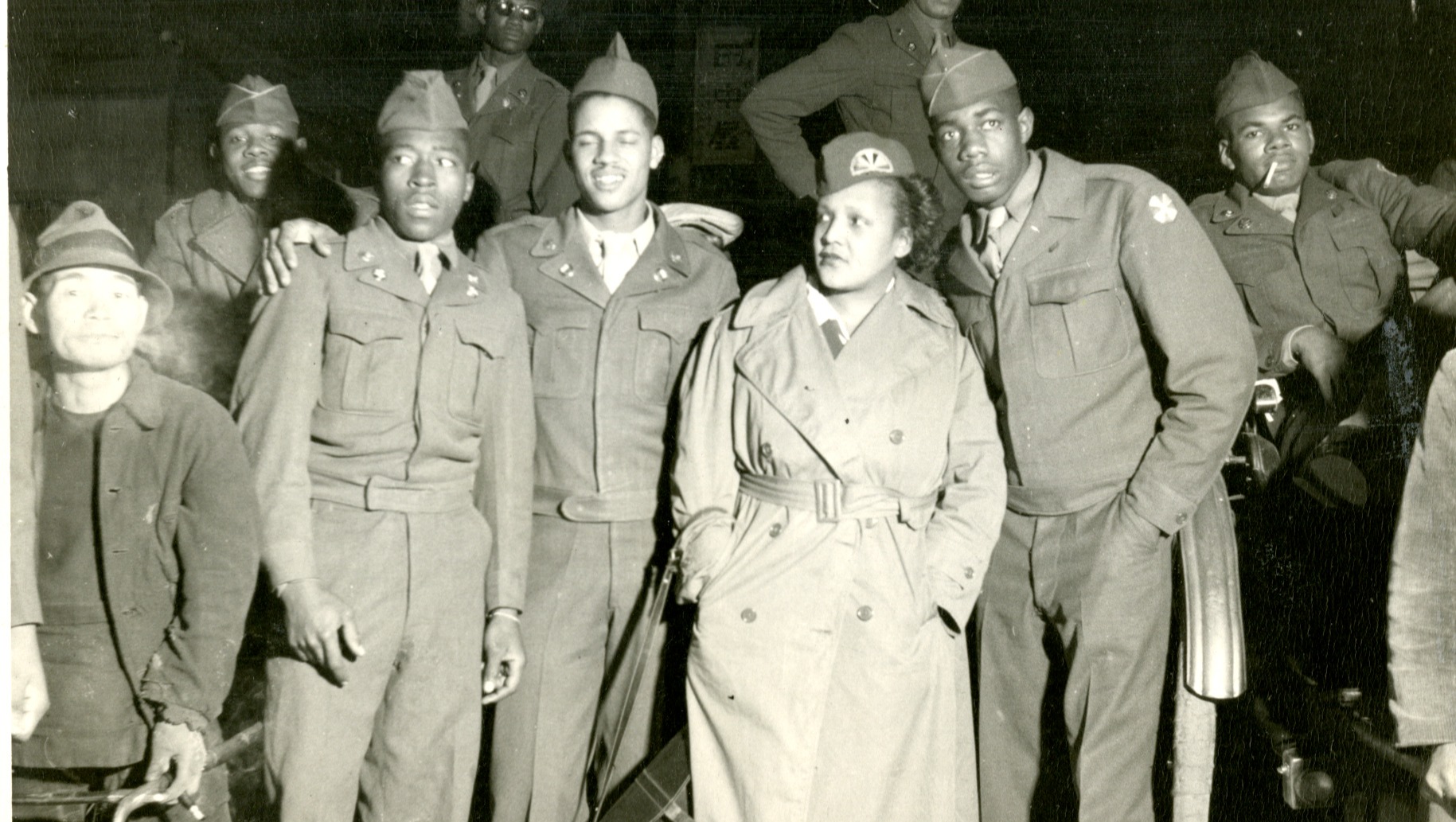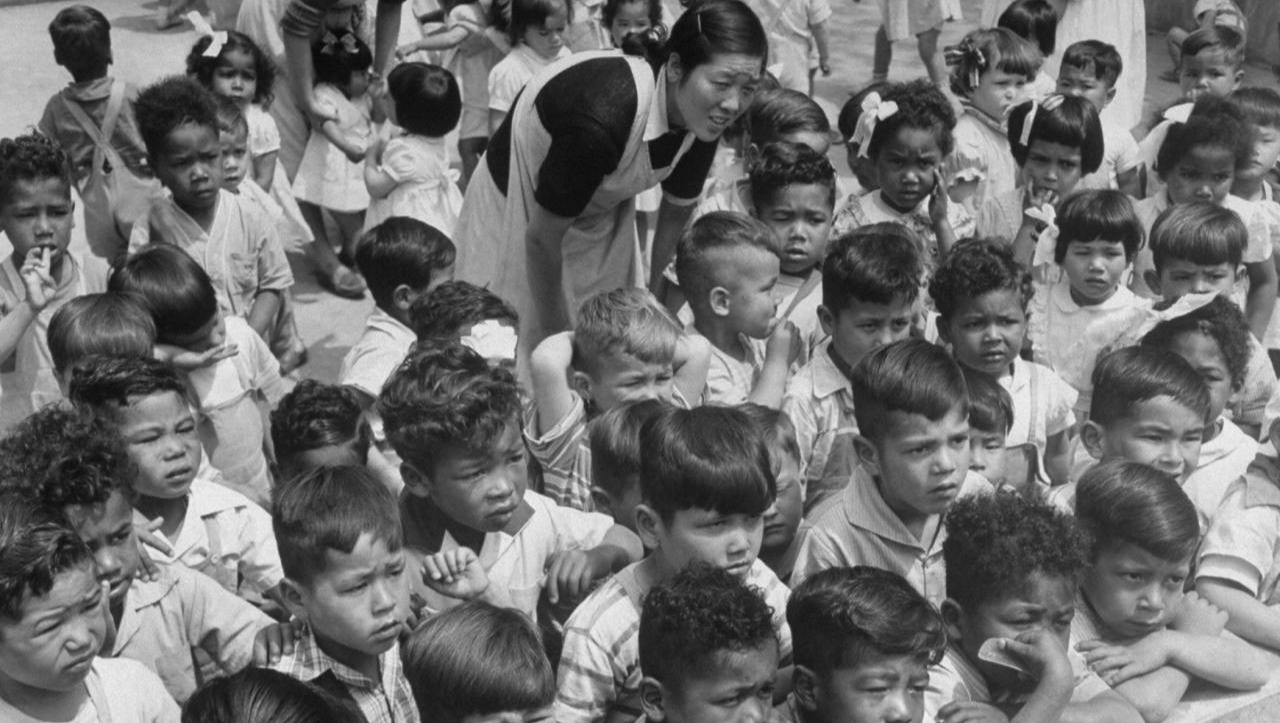Donation protected
My name is Floyd Webb of Kiku Legacy, LLC in Chicago. I am co-producer of Kiku's Legacy, a documentary uncovering the history of mixed-race Japanese people. The focus is on the 1959 film Kiku and Isamu, which tells the story of two war orphans born during the American Occupation of Japan.
We are team of 4. Myself, Floyd Webb, along with Yuki Solomon are based in Chicago. Deborah DeSnoo and Katie Klippensteen are based in Tokyo, Japan.
We seek to raise monies to complete production and share this important untold story. Every contribution matters!


How Your Support Helps When Kiku Sings:
When Kiku Sings is a powerful, untold story that follows the lives of two Afro-Japanese children—George Okunoyama and Emiko Takahashi—who starred in the groundbreaking 1959 Japanese film Kiku to Isamu. Our documentary traces their real-life journeys from postwar Japan to the present, exploring themes of identity, race, memory, and resilience. We’re producing this film between Tokyo and Chicago, and we need your support to bring this deeply emotional and culturally vital story to life.
What Makes This Story So Unique?
The climax of When Kiku Sings reveals a deeply moving chapter in Emiko Takahashi’s life. Now a well-known singer of traditional Japanese enka ballads, Emi was profoundly transformed when, after her first enka release, she heard the voice of Mahalia Jackson. In Mahalia’s gospel, Emi found a sound that echoed her own longing, her mixed identity, and her dreams.
Though born in Japan, Emi always carried the spirit of her African American heritage deep within her voice. Her lifelong dream has been to travel to Chicago—the home of Mahalia Jackson—and sing in the very same church where the gospel legend once raised her voice to the heavens. When Kiku Sings follows this dream to its hopeful realization, offering an emotional crescendo that unites history, music, and healing.
Your contributions will help cover:
Filming in Tokyo
- Interviews with Emiko Takahashi and other postwar survivors
- On-location shoots in key neighborhoods and historical sites
- Japanese crew, translator, and transportation costs

Filming in Chicago
- Filming Emi’s journey to Mahalia Jackson’s church
- Interviews with historians, cultural experts, and diaspora communities
- Local crew, location permits, and coordination with Chicago churches
Post-Production
- Editing and storytelling that honors both sides of Emi’s cultural identity
- Subtitling (Japanese/English)
- Music rights, sound mixing, and archival audio
- Graphics and animation to visualize memory and legacy
- Translation and Research Support
- Translating rare Japanese texts and film archives
- Researching Afro-Japanese history with scholarly support
Promotion & Outreach
- A redesigned website and social media campaigns
- A powerful trailer for festivals and streaming platforms
- Community screenings and educational partnerships in Japan and the U.S.
This is not just a film—it’s a transnational story of healing and identity, sound and spirit. Every contribution brings us closer to letting Emi’s voice ring out in the city Mahalia once called home.
Help us make history sing.

Co-organizers (3)
Floyd Webb
Organizer
Chicago, IL
DEBORAH DESNOO
Co-organizer
Floyd Webb
Co-organizer
Yuki Sakamoto Solomon
Co-organizer
